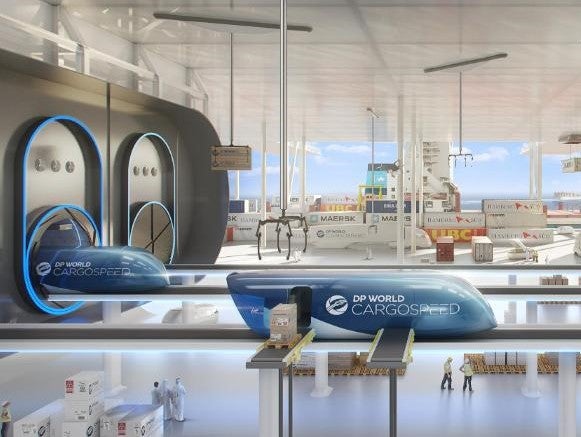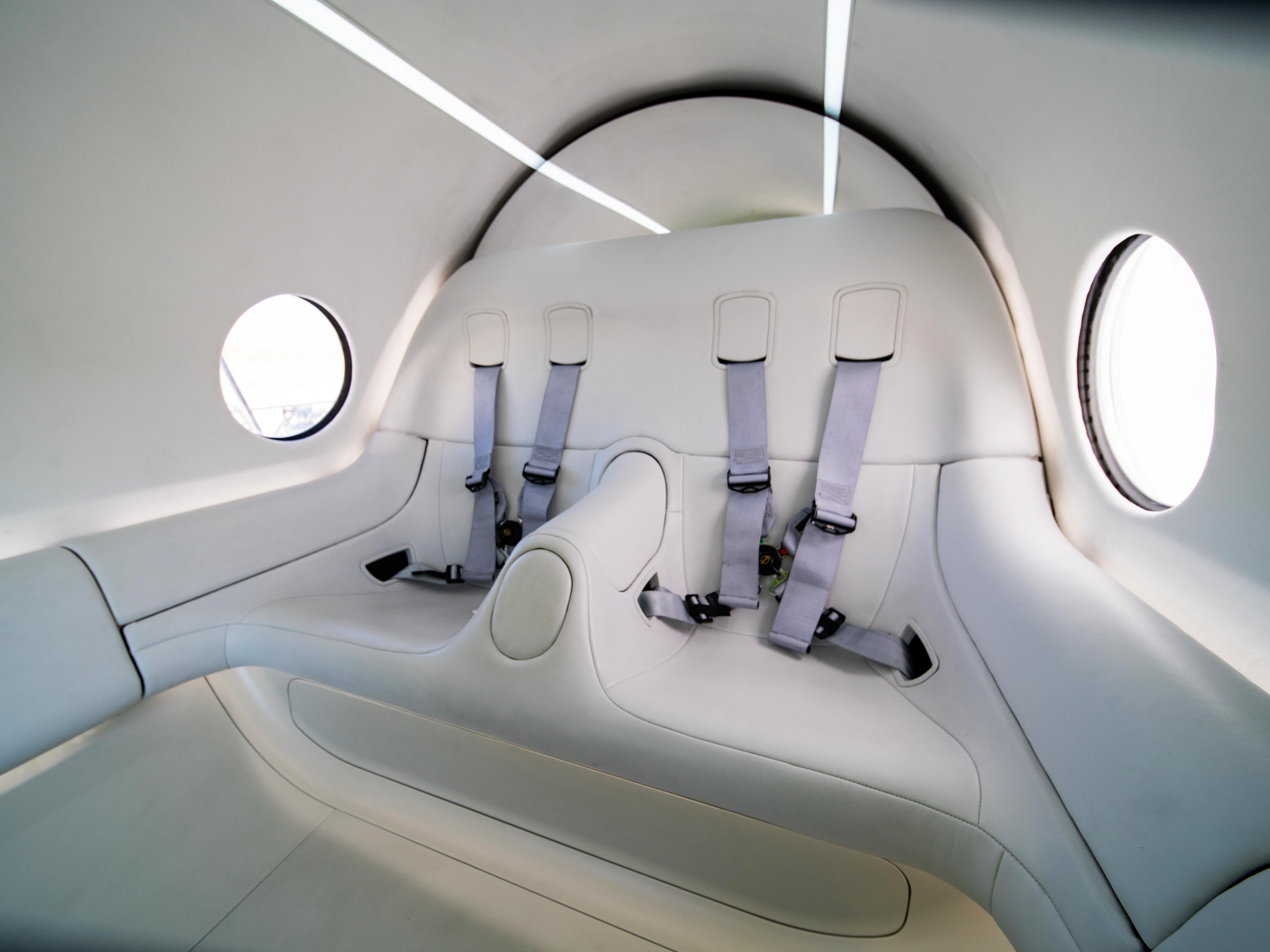Virgin Hyperloop abandons plans for passenger transport
Switch to focus on cargo operations results in mass layoffs

Virgin Hyperloop has ditched plans for a passenger transport system after firing 111 of its employees.
The firm will instead focus exclusively on cargo transportation, following its 2018 partnership with supply chain firm DP World to create DP World Cargospeed.
It is a major upset for hopes of developing a next-generation mass transit system capable of transporting people through vacuum tubes at more than 1,000 kilometres per hour – a concept first envisioned by Elon Musk in 2012.
The latest layoffs by Virgin Hyperloop come amid cost concerns for the Richard Branson-funded venture, together with limited interest in the technology.
A spokesperson told the Financial Times that the pivot to cargo transportation is a result of “global supply-chain issues” brought about by the Covid pandemic.
“It’s allowing the company to respond in a more agile and nimble way and in a more cost-efficient manner,” the spokesperson said.
The shift in focus comes despite Virgin Hyperloop successfully testing a passenger pod in 2020, shooting executives at speeds exceeding 160kph through a test tunnel in the Nevada desert.

DP World, which owns more than three quarters of shares in Virgin Hyperloop, suggested there was still a chance that development of passenger pods could still happen in the future.
“It’s abundantly clear that potential customers are interested in cargo, while passenger is somewhat farther away,” a spokesperson said.
“Focussing on [cargo] pallets is easier to do – there is less risk for passengers and less of a regulatory process.”
DP World Cargospeed claims to be able to “deliver freight at the speed of flight and close to the cost of trucking”, thus addressing some of the issues brought about by the global supply chain crisis.
The venture is aiming to transport high-priority and time-sensitive goods, including fresh food, medical supplies and electronics.
No long-distance routes have been officially announced, though heavy investment from the United Arab Emirates could see a network established in the region to connect existing road, rail, shipping and air transport infrastructure.

Join our commenting forum
Join thought-provoking conversations, follow other Independent readers and see their replies
Comments